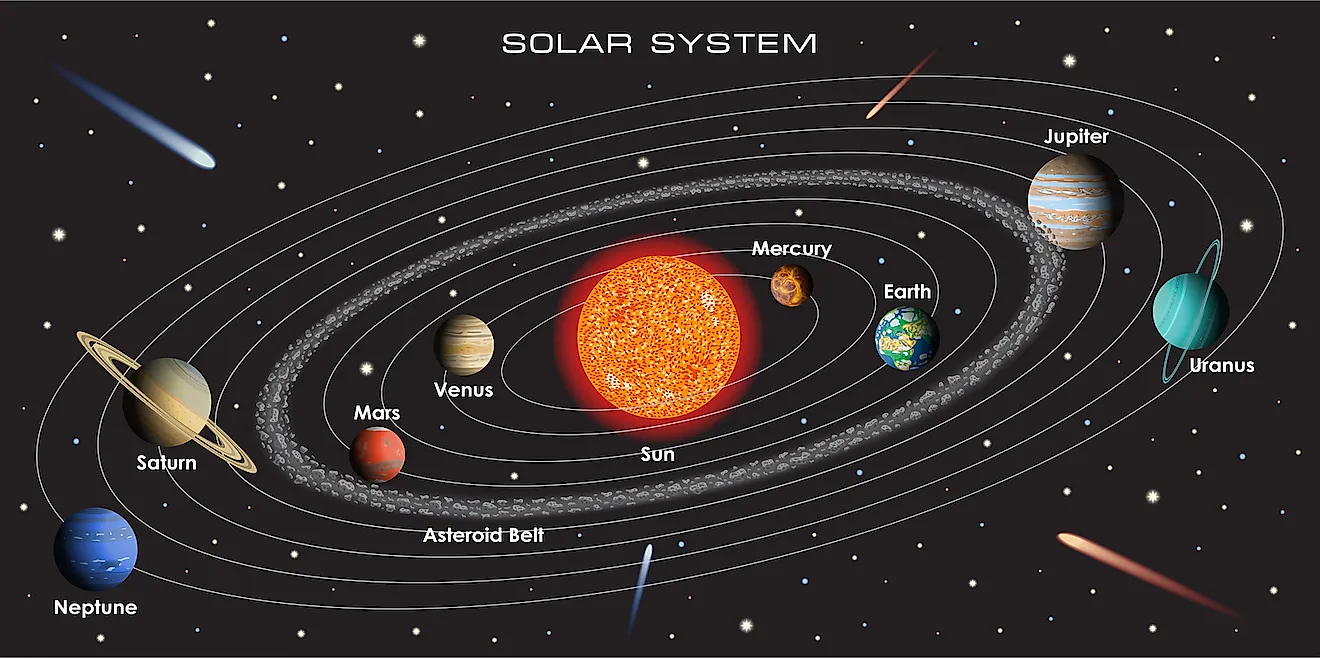Discover Pandipedia
Pandipedia is the world's first encyclopaedia of machine generated content approved by humans. You can contribute by simply searching and clicking/tapping on "Add To Pandipedia" in the answer you like. Learn More
Expand the world's knowledge as you search and help others. Go you!

Smart home devices offer numerous benefits, including enhanced convenience and energy efficiency. Homeowners can control lighting, temperature, and security systems from mobile devices or via voice commands, leading to increased comfort and efficiency[1][2]. Additionally, features like smart security systems provide real-time alerts about potential threats, contributing to safer living environments[5][6].
However, drawbacks include high initial costs for installation and potential privacy concerns related to data security[4][5]. Dependence on a reliable internet connection can disrupt functionality during outages, and compatibility issues among devices may complicate integration[2][3][5]. Overall, careful consideration of these factors is essential for potential users[4][6].
Let's look at alternatives:
- Modify the query.
- Start a new thread.
- Remove sources (if manually added).
- Request a manual search from our human research team.
Let's look at alternatives:
- Modify the query.
- Start a new thread.
- Remove sources (if manually added).
- Request a manual search from our human research team.
Get more accurate answers with Super Search, upload files, personalised discovery feed, save searches and contribute to the PandiPedia.
Let's look at alternatives:
- Modify the query.
- Start a new thread.
- Remove sources (if manually added).
- Request a manual search from our human research team.
Technology is reshaping car rentals by enhancing customer experiences through mobile apps and online platforms, which facilitate streamlined booking processes and promote contactless rentals. Nearly 70% of car rentals in Europe are now booked online, highlighting the importance of digital solutions in attracting new customers. Companies like Avis and Budget utilize advanced mobile applications that allow users to locate and book vehicles seamlessly, improving convenience for tech-savvy travelers[1].
Moreover, integrated GPS technology and contactless payment options are further enhancing user experiences. As technology evolves, it is expected to drive more consumers toward car rental services, boosting sales and operational efficiencies within the Europe Car Rental Market[1].
Let's look at alternatives:
- Modify the query.
- Start a new thread.
- Remove sources (if manually added).
- Request a manual search from our human research team.

Meta has recently introduced a number of updates that enhance how users interact with its AI assistant across its platforms. For instance, you can now speak directly with Meta AI on Messenger, Facebook, WhatsApp, and Instagram DM—it will respond out loud in a natural, conversational style and lets you choose different voice options (including ones modeled on celebrities like Awkwafina, Dame Judi Dench, and John Cena)[2][4]. In addition, the assistant’s visual capabilities have been upgraded. Users can share photos with Meta AI and ask questions about them, request photo edits such as adding or removing objects or changing a background, and even generate entirely new images[2][4].
Meta has also enhanced its language support with a new translation tool for Reels. This feature automatically translates audio using real-time dubbing and lip-syncing so that content can be enjoyed across different languages[2][4]. Moreover, Meta AI now integrates more deeply into group interactions—you can invoke it in group chats by typing “@MetaAI” to get ideas, plan trips, or answer questions collaboratively[1][3].
For creators and businesses, there is also the launch of AI Studio, a platform that lets them build personalized AI experiences to better engage with their communities, along with newly personalized chat themes and improved AI-powered ad tools that have already shown to boost campaign performance[4].
Each of these upgrades is part of Meta’s ongoing effort to extend its AI capabilities across its ecosystem while offering more intuitive and useful interactions for both individual users and enterprises[2][4].
Let's look at alternatives:
- Modify the query.
- Start a new thread.
- Remove sources (if manually added).
- Request a manual search from our human research team.

Self-deprecation is a common technique used by comedians to create humor and connect with their audiences. This style of humor involves making oneself the target of jokes, highlighting personal flaws or shortcomings. It is often perceived as an embodiment of the human condition, allowing both the performer and the audience to confront and laugh at their imperfections.
Understanding Self-Deprecation
Comedians utilize self-deprecating humor as a way to navigate their own insecurities while simultaneously entertaining their audience. According to one perspective, 'self-deprecating humor is most emblematic of the human condition. We’re all flawed in ways that if we don’t laugh about, we’ll cry'[2]. This humor serves as a coping mechanism, allowing comedians to deal with their vulnerabilities and share them in a way that resonates with others.
In the context of performance, self-deprecation acts as a protective barrier; comedians might find that there is 'absolutely no criticism that you can throw at a comic who is mocking himself that’s gonna be any worse than what they’ve already turned into material'[2]. This technique not only draws laughter but also preemptively disarms potential criticism from the audience.
Connection with the Audience
Self-deprecating humor establishes a rapport with the audience. By openly acknowledging their flaws—whether it’s about their appearance, intelligence, or life choices—comedians create a space of relatability. As Jim Gaffigan articulates, the appeal of self-effacing comedy lies in 'the appeal of humility which I think we’re really kind of grappling for'[1]. In doing so, comedians foster a sense of comfort and ease among audience members, who may see reflections of their own struggles.
Audiences often appreciate the transparency that self-deprecating humor entails. When comedians voice insecurities they share with the crowd, it evokes laughter as a collective acknowledgment of shared human experience. The surprise factor plays a role as well; when a comedian humorously critiques themselves, it often aligns with what the audience might have been thinking, producing a delightful, unexpected comedic moment[1].
Psychological Underpinnings

Self-deprecating humor also taps into deeper psychological dynamics. Gaffigan notes a common 'victimization complex' that many people experience, suggesting that everyone has their own struggles, even if they are not comparable to greater societal issues[1]. This shared recognition of personal battles can empower audiences, fostering empathy and understanding. Comedians can explore this theme humorously, which encourages both the performer and their audience to find comfort in their vulnerabilities.
Moreover, studies have demonstrated that comedians often display high levels of emotional and social intelligence, which are crucial for understanding and engaging their audiences effectively. This intelligence allows them to adjust their performances to resonate well with diverse audiences, utilizing self-deprecating humor to elicit laughter while being sensitive to the perceptions of those present[3].
Balancing Self-Deprecation and Self-Defeating Humor
While self-deprecating humor can be effective, there is a thin line between self-deprecation and self-defeating humor. Self-defeating humor, which can often signal low self-esteem, may be less well-received. Comedians who rely heavily on self-defeating humor might be perceived as insecure or lacking confidence, which can undermine their appeal[3]. Successful comedians often strike a balance, using self-deprecation to connect with their audience while ensuring they do not fall into a pattern of negative humor that could diminish their effectiveness on stage.
In this regard, Gaffigan emphasizes the importance of self-awareness and the nuances of humor: 'the line of self-effacing just as the line of irreverence is always moving,' indicating an understanding of the evolving nature of comedic boundaries[1]. Mastering the art of self-deprecation without tipping into self-defeating humor can enhance a comedian's stage presence, making them more relatable and endearing.
Conclusion
Comedians skillfully employ self-deprecating humor as a method to engage with their audiences, explore personal vulnerabilities, and foster a sense of shared humanity. This comedic style serves functional purposes, allowing performers to confront criticism preemptively and connect with listeners on an emotional level. While mastering this humor style requires a delicate balance, successful comedians leverage it to create moments of joy and laughter that resonate deeply with their audiences. By doing so, they not only entertain but also invite collective reflection on the imperfections of the human experience.
Let's look at alternatives:
- Modify the query.
- Start a new thread.
- Remove sources (if manually added).
- Request a manual search from our human research team.
Get more accurate answers with Super Search, upload files, personalised discovery feed, save searches and contribute to the PandiPedia.
Let's look at alternatives:
- Modify the query.
- Start a new thread.
- Remove sources (if manually added).
- Request a manual search from our human research team.

The hottest planet in our solar system is Venus. Despite being the second planet from the Sun, Venus has an average surface temperature of approximately 864 degrees Fahrenheit (462 degrees Celsius), which is hot enough to melt lead. This extreme heat is primarily due to its thick atmosphere, composed of 96% carbon dioxide, which creates a runaway greenhouse effect that traps heat[1][3][6].
In contrast, Mercury, the closest planet to the Sun, is not the hottest, as it lacks a significant atmosphere to retain heat, leading to drastic temperature fluctuations[1][2]. While Mercury can reach daytime temperatures of 800 degrees Fahrenheit (430 degrees Celsius), its nighttime temperatures can plummet to minus 290 degrees Fahrenheit (minus 180 degrees Celsius)[5].
Let's look at alternatives:
- Modify the query.
- Start a new thread.
- Remove sources (if manually added).
- Request a manual search from our human research team.
Let's look at alternatives:
- Modify the query.
- Start a new thread.
- Remove sources (if manually added).
- Request a manual search from our human research team.
Let's look at alternatives:
- Modify the query.
- Start a new thread.
- Remove sources (if manually added).
- Request a manual search from our human research team.
